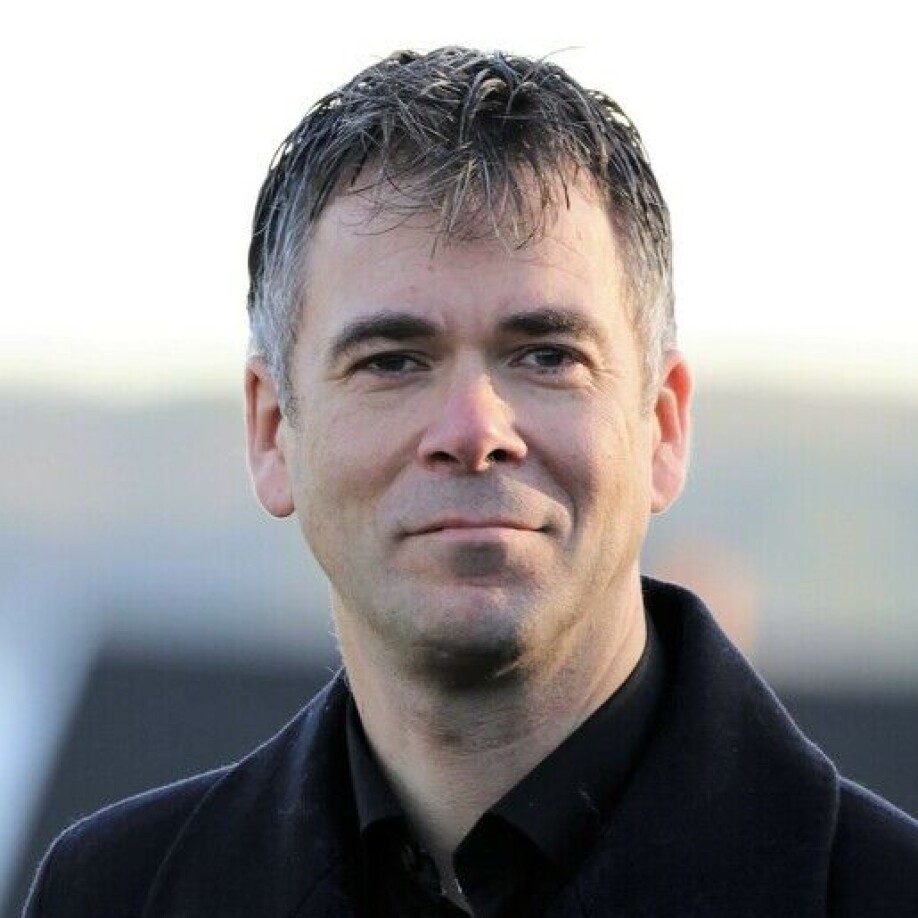THIS ARTICLE/PRESS RELEASE IS PAID FOR AND PRESENTED BY THE University of Agder - read more

Guide to make research on municipal health services easier
A new guide provides an introduction to how research in the health and care sector in Norwegian municipalities can be carried out.
Many people are interested in doing research on Norwegian municipalities, and the municipalities want to facilitate this.
The Health and Care Services Act states that the municipalities shall contribute to and facilitate research. That is why the University of Agder's Centre for Care Research is launching a guide for such research.
The target group is researchers, municipal leaders, managers and other municipal employees interested in research.
The editors of the guide are Professor Terje Fredwall and Associate Professor Per Gunnar Disch at the University of Agder (UiA) and the Centre for Care Research.
“Several municipalities are currently systematically working with research. Many are already great facilitators for research activities. At the same time, we know that some struggle to get started or succeed. In this guide, we put emphasis on describing the research process well and giving good advice on the planning and implementation of research projects,” Fredwall says.

New and updated
The guide is aimed at stimulating research based on day-to-day practice and help services to adopt new knowledge to face future challenges.
The guide is a heavily revised edition of a research handbook that came out in 2014.
Torunn Wibe is a specialist consultant at the Centre for Development of Institutional and Home Care Services in Oslo. She welcomes the new guide.
“It provides an up-to-date and easy-to-understand description of how the municipalities can fulfil their interest and meet their responsibility to contribute to and facilitate research on municipal health services. We get answers to why, what and how. It also provides insight into the value of good cooperation between municipalities and research institutions,” she says.
Here is some of the content covered in the guide:
- What is research?
- Why do we need research in the municipalities?
- Research as a strategic investment
- How is research conducted?
- Research ethics and data protection
- Anchoring, participation and implementation
- Research expertise and collaboration
- How can research be funded?
- What should the research protocol contain?
Municipalities must be equipped for research
Municipalities in Norway have been given greater responsibilities within healthcare in recent years, while research efforts and capacity have not kept pace.
Lars Bergesen, adviser for research, innovation and education in the knowledge cluster Kunnskapskommunen Helse Omsorg Vest, believes this is changing.
“That is why it is very important that the municipalities equip themselves to become good research players,” he says.
Bergesen thinks the guide provides a good overview of research in the sector and believes that it can be of great help in knowledge work.
Not just for the enthusiasts
In addition to Disch and Fredwall, Kathrine Cappelen, Oddvar Førland and Hanne Rostad are also behind the book. The publication is funded by the Norwegian Directorate of Health.
Bergesen thinks that the guide should be read by managers and key personnel in the health sector, who have the opportunity to influence and strengthen knowledge work in the municipalities.
“It is important that research is not just something that the enthusiasts and experts in the municipalities deal with. Work must be done at system level to develop a culture for thinking about research and establishing an knowledge base in the municipal sector,” he says.
Municipalities' needs must be the focus
This view is shared by Torunn Wibe:
“We need research that strengthens the knowledge base for decision-making in the municipalities in the coming years. If the research focuses more on the needs of the municipality, it increases the chance that the results will be useful and of interest to more people than just the researchers,” she says. “If this guide can challenge the municipality to take a more active role as an initiator of and participant in research, then there is reason to be satisfied.”
Reference:
Cappelen et al. Veiviser for forskning i helse- og omsorgstjenestene i kommunen (Guide for research in health and care services in the municipality ) (P.G. Disch & T.E. Fredwall, Eds.), Centre for Care Research , 2023. ISBN: 978-82-8340-130-1

This article/press release is paid for and presented by the University of Agder
This content is created by the University of Agder's communication staff, who use this platform to communicate science and share results from research with the public. The University of Agder is one of more than 80 owners of ScienceNorway.no. Read more here.
See more content from the University of Agder:
-
Fear being rejected: Half pay for gender-affirming surgery themselves
-
Study: "Young people take Paracetamol and Ibuprofen for anxiety, depression, and physical pain"
-
Research paved the way for better maths courses for multicultural student teachers
-
The law protects the students. What about the teachers?
-
This researcher has helped more economics students pass their maths exams
-
There are many cases of fathers and sons both reaching elite level in football. Why is that?




































